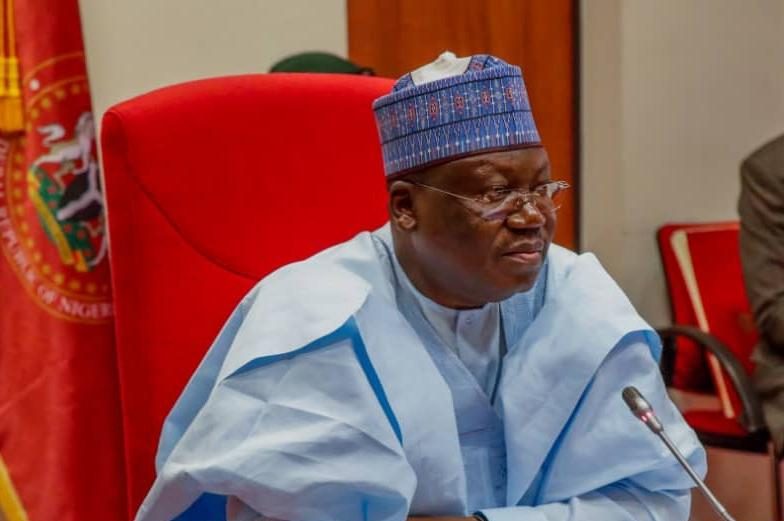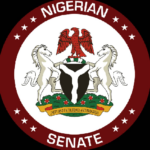Fage, Adedeji back move, Yadudu expresses reservations
With the public hearing on the National Electoral Offences Commission (Establishment) Bill 2021 scheduled for Wednesday, opinion among senior lawyers and political scientists differ on the move by the Senate.
Speaking with Daily Trust on Monday, a former Director-General of the Nigerian Institute of Advanced Legal Studies (NIALS), Prof Adekunle Adedeji (SAN), opined that “no matter how you look at it, these (electoral offences) are specialised offences” and there is no limit to the kind of institutions that can be set up to fight them.
He added that nothing in the system at the moment suggested that the other investigative and prosecutorial agencies in the country are effectively looking at the plethora of electoral offences.
Adedeji, however, said the electoral offences commission does not have to be a big agency like the Economic and Financial Crimes Commission (EFCC).
“When you talk of electoral crimes, we are talking hi-tech; meaning you have to rely on digital forensics because a lot of forgery and impersonation happens and we have introduced a lot of digital processes into our elections.
“We are not talking about foot soldiers stamping around the country but very focused forensic analysts and investigators and if they fail, the head of the agency takes the axe and we try a new one,” he said.
Also, a former vice president of the Nigerian Political Science Association (NPSA), Prof. Kamilu Sani Fage, said the move was “a very good thing because if we want to check electoral offences, we must criminalise it; we must have laws that will back it so that the perpetrators will not go scot-free.”
He, however, expressed fear that “most of those to make the law are the beneficiaries of the electoral malpractices, which infers some of them may want to sabotage it or make it (the law) so loose that there will be too much lacuna in the system, so that they will continue to reap the benefits of the electoral malpractices.”
Also speaking, Dr. Aminu Hayatu of the Department of Political Science in Bayero University, Kano, noted that with Nigerian democracy having metamorphosed into a complex one and because of the level of electoral malpractices being perpetrated at every election season, the judiciary has become burdened to adjudicate on these cases effectively, especially with the role of corruption.
He said with that in mind, it is very important to set aside special institutions like the Electoral Offences Commission, “which will be left with the responsibility to effectively study electoral offences, document them properly and remove the burden from the conventional judiciary in treatment of cases.”
An activist and member of the Civil Society Situation Room, Comrade Achike Chude, said the commission was desirable, noting that it forms part of the agitations of the civil society to reform the process of elections in Nigeria.
Chude, in a chat with Daily Trust, noted that the commission, when established, would reduce the workload on INEC, saying the electoral body has been saddled with too much responsibility.
The convener, Activists for Good Governance, Comrade Declan Ihekaire, said it is a very good move, noting that it would curb those set to retain positions.
But, a constitutional lawyer, Professor Auwalu Yadudu, expressed reservation on the effectiveness of establishing the commission.
“It is one court too many. If we mean business, there are sufficient extant legal provisions in our statute books to effectively deal with electoral offences.
“The problem is failure or neglect to diligently apprehend violators and their sponsors and deal with them. I have my serious reservations if another court structure will make much, if any, difference,” he said.

 Join Daily Trust WhatsApp Community For Quick Access To News and Happenings Around You.
Join Daily Trust WhatsApp Community For Quick Access To News and Happenings Around You.

